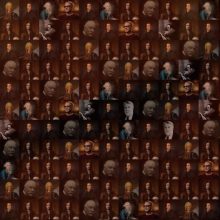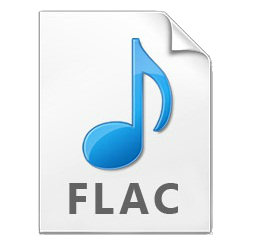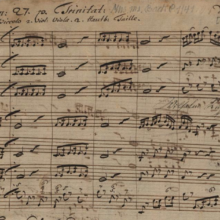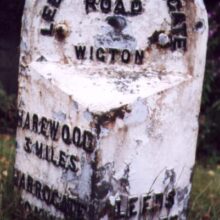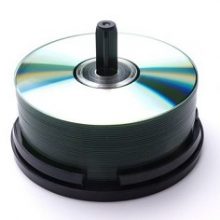Artists' Artistry
In order to get media around the house, to various rooms and devices, on an as-needed basis, I've deployed various mechanisms in my time -including such things as DLNA servers and other various forms of home-brew wonderment.
A couple of years back, I lighted on Plex Media Server, which is a really very capable music- and video-streaming programme with a reasonable media management library attached. It is open-source and thus entirely free of charge, but there are some "value-add" options available which are only available if you shell out for a 'Plex Pass'. That's quite expensive: it's listed on the page I've just linked to at £4 per month or £95 for a "lifetime" pass (I put the quotes around 'lifetime' only because I don't honestly know how long these open source projects will last before egos and desire for profit make the thing pass like ships in the night!). [...]
